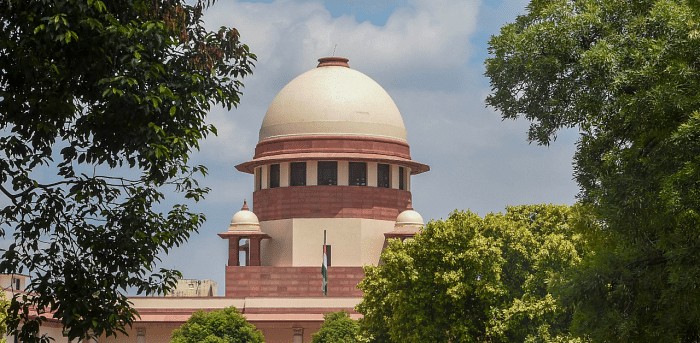
The Supreme Court on Wednesday said the Chief Justice of India could be included in the consultative process for the appointment of Chief Election Commissioner, to ensure the independence of the poll panel.
A five-judge bench of Justices K M Joseph, Ajay Rastogi, Aniruddha Bose, Hrishikesh Roy and C T Ravikumar, said any ruling party likes to perpetuate itself in power and can appoint a ‘Yes Man’ to the post under the current system.
“Now, what we want to do is concentrate on the consultative process for the appointment of CEC and the inclusion of the Chief Justice of India in the process would ensure the independence of the Commission," the bench said.
Solicitor General Tushar Mehta, representing the Centre, submitted that there is a system of separation of powers and there is an impression which has been made out that someone's presence has to be in the appointing authority who is not a part of the executive.
“That will mean rewriting the constitution,” he said, during the hearing on a batch of petitions seeking a Collegium-like mechanism for appointment of CEC and ECs.
Mehta said it will mean conferring someone else with power because the executive cannot dispense a function which has been conferred upon it and it would be against the very concept of democracy.
To this, the bench said the CJI is involved in the appointment of the CBI director and asked where is the threat to democracy, and judgments given by courts, which has been accepted by the executive.
Mehta responded that before the Vineet Narain judgement, the CBI chief was only an officer and there was a vacuum, which is why the court interfered.
He said as a constitutional proposition, the independence of both the executive and the judiciary is equally sacrosanct. A presupposition that only with the presence of the judiciary, independence and fairness will be achieved, is an incorrect reading of the Constitution, he said.
Attorney General R Venkataramani also submitted that there is no trigger point which warrants interference from the court. It is not a case where some arbitrariness exists, which warrants the court to interfere in the appointment process, he said.
